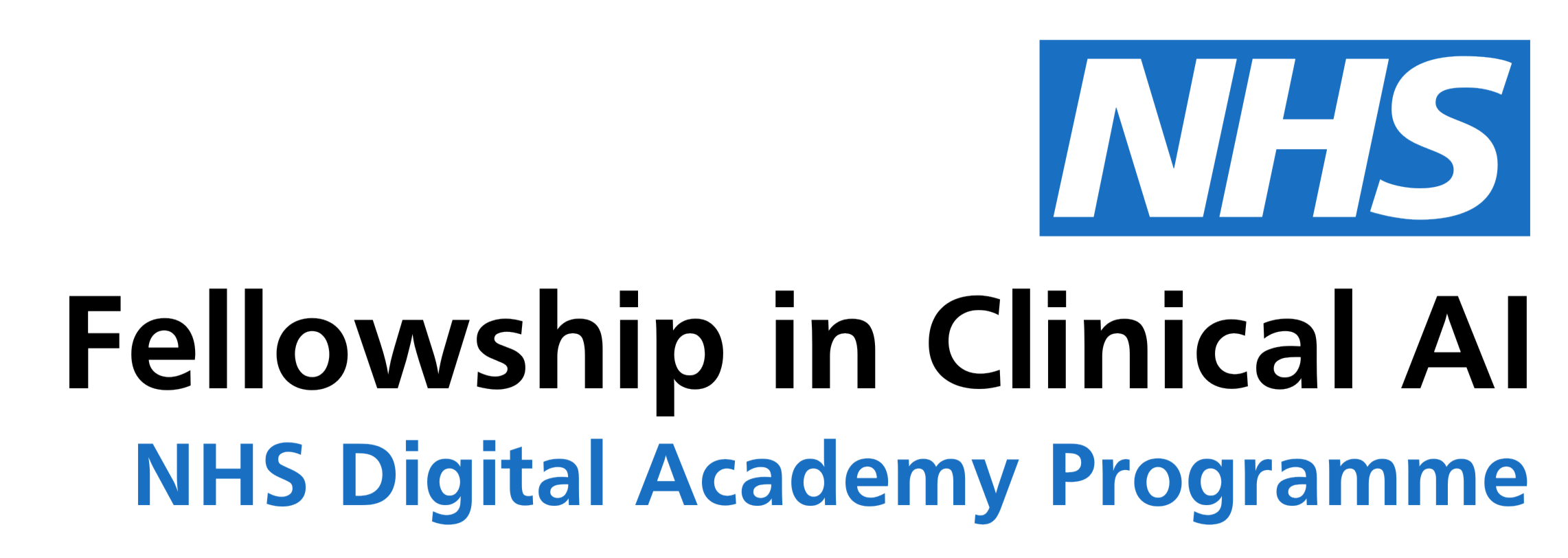
Robert Crichton
Fellow in Clinical AI, Cohort 3
Fellowship Bio
Dr Robert Crichton is a clinician in Anaesthetics and Intensive Care Medicine with a strong foundation in clinical care, leadership and systems improvement. He has experience in delivering and refining projects with a view to optimising safety, value and sustainability across multiple specialities.
Fellowship Project
Artificial Intelligence-Enhanced Coronary CT Angiography in Stable Chest Pain: A Multi-modal Service Evaluation of Identification of High-Risk Patients with Non-Obstructive Coronary Heart Disease
The Royal Wolverhampton NHS Trust
The use of AI enhanced evaluation of clinically acquired imaging data for diagnosis fo coronary stenoses is an opportunity for novel and additive, prognostic or diagnostic information to be gleaned with minimal clinical or financial cost. CT coronary angiography is a routine investigation for stable chest pain which may be leveraged through systems such as (i) FFR-CT, (ii) plaque analysis and (iii) perivascular fat attenuation indices. This project aimed to deploy a multimodal approach to CTCA interpretation to optimise diagnostic and predictive output. I have been involved across the project lifecycle from industry discussions, planning and governance approvals to deployment of systems, data interpretation and presentation. The team have successfully deployed 2 additional interpretation tools in addition to existing pathways. Initial pilot data has been analysed and will be presented at international conferences later this year. This project lays a foundation for CTCA to be utilised in the risk stratification of patients whose imaging would have otherwise been interpreted as non-obstructive coronary disease. The impact of this may be the focussing of secondary prevention methods for patients at higher risk of cardiac events. The team look forwards to a further prospective project in which outcome data from these risk stratification tools will be evaluated. I have also been involved in additional projects throughout the UK including the protocol design, development and approvals process of a research project involving multiple echocardiography AI analysis tools, assessment and benchmarking of LLMs, optimisation and development of data dashboards in University Hospitals Birmingham and the development of postgraduate educational material at University College London.
Fellowship Testimonial
This Fellowship year has offered a valuable springboard to develop my experience and knowledge of applying AI solutions in the NHS. The year offered me an opportunity to be mentored, facilitated and funded to develop my knowledge and experience of AI within the NHS. I have been able to gain important foundational knowledge through completion of DataCamp modules and put these lessons into practice through the real-world evaluation of systems through my project work. Working in a small team meant I was hands-on with industry partnerships, NHS governance, national research ethics, protocol approvals, emerging AI legislation and everyday team dynamics—giving me insight into the entire AI lifecycle and teaching me to set realistic, adaptable expectations. With the guidance of my mentors, I have been able to pre-empt and mitigate many of the barriers to progress that we have faced, however my experience has highlighted the significant challenges that the NHS faces in AI adoption. The networking and Fellowship days have fostered my involvement with multiple national AI communities, keeping me informed and involved with the rapid pace of change in this field. The Fellowship cohort has provided an important source of support and information on how to tackle various difficulties and highlighted development opportunities. Altogether, this year has accelerated my growth into a future clinical AI leader within the NHS.


